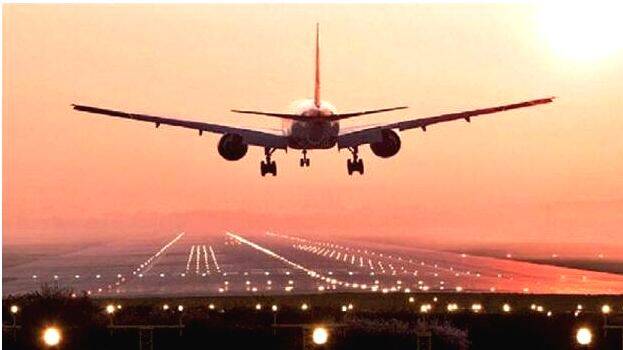Chief Executive of United States Airlines, Scott Kirby has disclosed that plans to use 5G wireless could cause havoc and disrupt thousands of flights daily.
Kirby added that such disruption would cost air passengers $1.6 billion annually in delays.
The warning was given on Wednesday by Kirby during the U.S. Commerce Committee hearing.
He added that the plans to use C-Band spectrum for 5G wireless could delay, divert or cancel about 4 percent daily flights and affect hundreds of thousands of passengers.
This latest development is coming two days after MTN and Mafab Communications Limited were awarded licences for the deployment of the 5G spectrum in Nigeria.
The executive vice-chairman of the Nigerian Communications Commission (NCC), Umar Danbatta had also stated that 5G network is safe and necessary for social transformation.
“It would be a catastrophic failure of government,” Kirby said.
“Coming Jan. 5 — unless something changes — we will not be able to use radio altimeters at 40-something of the largest airports in the country.
“It is a certainty. This is not a debate.”
Kirby urged AT&T and Verizon Communications to delay plans to use the C-Band spectrum for 5G wireless services on airlines.
The two had planned to start using cell towers transmitting 5G signals using “newly acquired midband spectrum that won’t interfere with aircraft signals.”
They had also agreed to temporarily pause rolling out 5G service on midband spectrum until January 5, when the Federal Aviation Administration (FAA) raised concerns about the potential interference of 5G with sensitive aircraft electronics like radio altimeters.
Kirby further added that it would mean that at major U.S. airports in the event of bad weather, cloud cover, or even heavy smog, and could only do visual approaches essentially.
CTIA, an aviation industry group, however, said “fearmongering relies on completely discredited information and deliberate distortions of fact.”
It added that 5G operates safely and without causing harmful interference to aviation operations in nearly 40 countries around the world.
